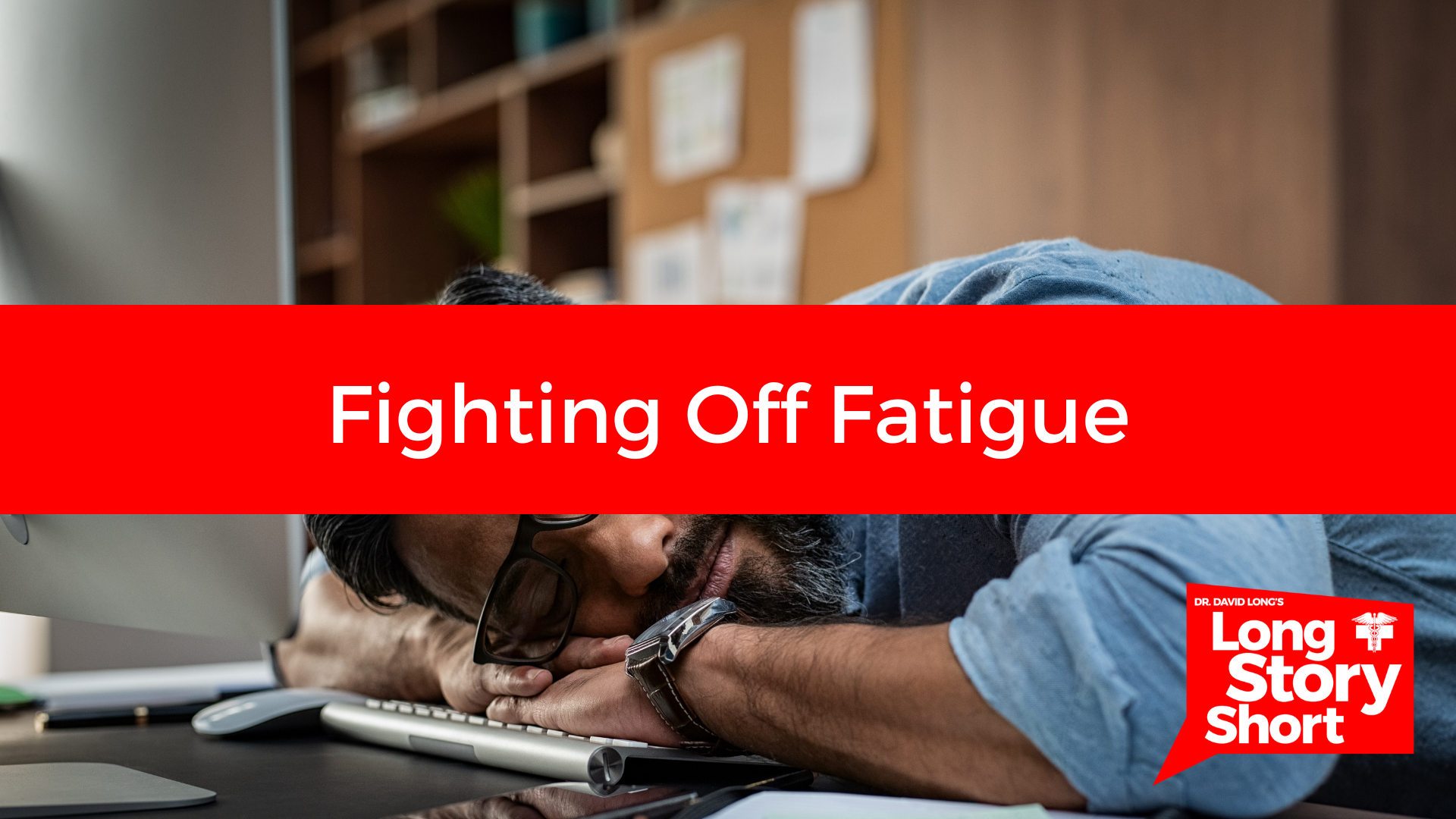Fighting OffFatigue Summary
• Establish a healthy diet of fresh fruits and vegetables, lean proteins, and complex carbohydrates.
• Practice good sleeping habits by aiming for 7-9 hours of restful sleep each night.
• Incorporate regular physical activity into your routine 3-4 times a week.
• Reduce stress levels with hobbies or activities that you find enjoyable.
• Minimize caffeine, nicotine and alcohol intake before bedtime.
• Take regular breaks throughout the day to stay alert and focused on tasks.
• Establish a bedtime routine of relaxing activities to help your body prepare for sleep.
Full Text
If you’re feeling tired and sluggish all the time, it might be time to consider how to fight fatigue. Fatigue can be caused by many things such as lack of sleep, stress, or an unhealthy lifestyle. But there are some simple steps you can take to combat fatigue and get your energy levels back up.
The first step to fighting fatigue is getting adequate sleep. Aim for between 6 to 8 hours of sleep a night and try not to be too inconsistent with your sleeping habits. Another way to ensure that you’re getting the best amount of rest is by setting aside time for quality sleep, making sure you are in an environment free from distractions and ensuring the temperature of your bedroom is comfortable.
Another way to fight fatigue is to practice good nutrition. Eating healthy and nutritious meals can provide you with more energy throughout the day, while unhealthy diets can lead to a slump in your energy levels. Make sure that you are getting enough fresh fruits and vegetables, lean proteins, and complex carbohydrates into your daily diet. Additionally, drinking plenty of water can help ensure that your body and mind are hydrated, helping you to stay alert and productive.
Finally, it is important to make sure you are making time for yourself. This can include taking breaks throughout the day or scheduling out time for hobbies or activities that you find enjoyable. Taking regular vacations or days off from work can help to combat fatigue and provide an opportunity for your body and mind to rest. Additionally, getting enough sleep is key to fighting off feelings of fatigue. Aiming for 7-9 hours per night will ensure that you are well rested during the day.
Facing fatigue? Feeling sluggish throughout the day doesn’t have to be a permanent feeling. Taking small steps throughout the day, such as drinking more water, eating healthy snacks, and getting enough rest can help you fight fatigue and keep you productive. It’s important to take time for yourself and make sure that your body is well taken care of. With the right strategies in place, you will be well on your way to beating fatigue and feeling energized.
Start your day off on the right foot with a healthy breakfast full of protein, complex carbs, and lots of vegetables. This will provide essential nutrients that will give you energy throughout the day. Also make sure to stay hydrated by drinking plenty of water or other unsweetened fluids such as tea, coffee or coconut water.
Exercising is another great way to fight fatigue. Regular physical activity can help reduce stress levels and improve your sleep quality. Aim for 30 minutes of moderate intensity exercise 3-4 times per week such as running, swimming, or cycling.
Getting enough restful sleep at night is essential for fighting fatigue. Make sure to establish consistent sleeping patterns and go to bed and wake up at the same time every day. Avoid stimulants like caffeine, nicotine, or alcohol to bedtime as they interfere with sleep quality.
Furthermore, making lifestyle changes such as reducing sugar intake and avoiding processed foods will help you feel energized throughout the day. Eating healthy, balanced meals that are rich in nutrients will help to keep your energy levels up.
Additionally, if you feel fatigued during the day try to take a break for a few minutes and get some fresh air. It can be beneficial to leave your desk for a short walk or do some light stretching exercises. Taking regular breaks throughout the day can help you to stay alert and focused on your tasks.
Finally, make sure that you give yourself enough time to rest each night. Try to get 7-8 hours of sleep every night, as a lack of sleep can lead to physical and mental fatigue. Consider establishing a bedtime routine of relaxing activities such as taking a warm bath, reading or writing in a journal. Additionally, avoid eating dinner too late in the evening and try to limit caffeine consumption after 4pm.





 and then
and then